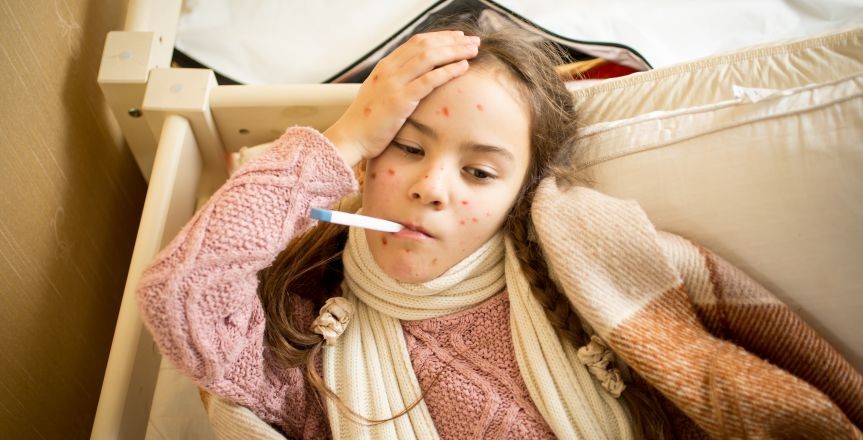Inspirational journeys
Follow the stories of academics and their research expeditions
Varicella (chickenpox)

The disease is spread by airborne droplets or contact with vesicle fluid from an infected person and is highly contagious; however, patients are no longer contagious when all of the lesions have crusted over. The incubation period is 14 to 21 days.
CLINICAL FEATURES
Papules progress to vesicles that crust over. Lesions of various stages are seen simultaneously. The rash starts on the trunk and spreads to the face and extremities, sparing the palms and soles.
DIFFERENTIAL DIAGNOSES
— Herpes simplex
— Bullous impetigo
— Disseminated herpes zoster
EVALUATION
Diagnosis is usually made based on the patient history and physical examination findings. However, a Tzanck smear of vesicle fluid or serologic titers can confirm the diagnosis.
THERAPY
The patient is isolated to contain the spread of the disease till all the lesions are crusted over.
1. Diphenhydramine (25 mg orally four times daily for adults; 5 mg/kg every 24 hours divided into four doses for children) can be administered to relieve itching. Itching discomfort can also be reduced using menthol lotion.
2. Intravenous acyclovir (10 mg/kg every 8 hours for 7 to 10 days) is indicated for immunosuppressed patients.
3. Oral antibiotics (e.g., cloxacillin) can be prescribed for patients with secondarily infected lesions.
DISPOSITION
Hospital admission is warranted for patients with complications (e.g., pneumonia, cellulitis, encephalitis, Reye syndrome).
0 Comments
Categories
Recent posts
IQAI: Transforming Healthcare - One Success Story at a Time
Wed, 20 Sep 2023





Leave a comment